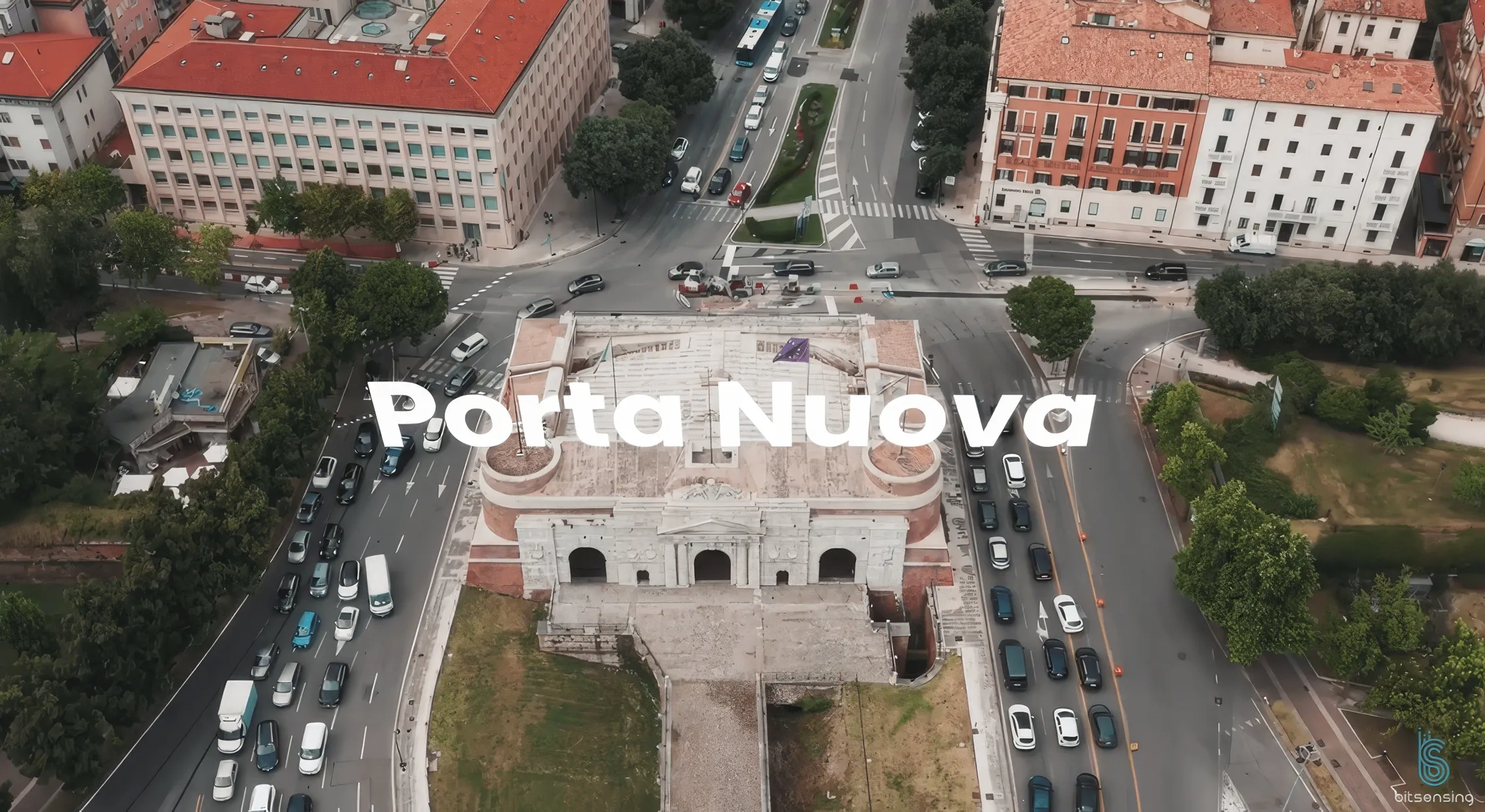The partnership will help in the design and delivery of people's movement in cities across all transport systems, along with the ability to meet the demands of new intelligent mobility opportunities.
These services include urban mobility analytics: a capability that combines multiple aggregates data sources with algorithms that assess population movements around a city to support transport modelling and network operations. Secondly, an online Transit survey which creates, distributes and analyses transport related surveys in real time with anonymised results to help understand the views of users on transit operations and proposed changes. In addition, the transit data studio is a data management capability with a web interface that enables users to create, edit and manage public transit information; to provide quick and easy development and deployment of transit services. Finally, the partnership will focus on mobility as a service.
Lee Woodcock, global product director for Intelligent Mobility at Atkins, said, “Leaders of cities are under more pressure than ever to develop easy-to-access transport systems, creative hubs and liveable places for residents and visitors. Through the Atkins-Moovit partnership, we will be able to provide real-time, value-driven insights that will allow civic leaders, transport agencies and national governments to discover and explore in more depth the mobility and movement of people throughout their public spaces and on transport networks. These new evidence-based insights can then be used to support financial investment decision making and ensure each city is applying a user centred design approach to future infrastructure.”
Moovit partners with Atkins to improve city transport systems
Design and project management consultancy, Atkins has signed a global agreement with transit data and analytics company Moovit to help cities improve their transit systems and become more efficient smart cities.
The partnership will help in the design and delivery of people's movement in cities across all transport systems, along with the ability to meet the demands of new intelligent mobility opportunities.
October 9, 2017
Read time: 2 mins
Design and project management consultancy, 1677 Atkins has signed a global agreement with transit data and analytics company 7356 Moovit to help cities improve their transit systems and become more efficient smart cities.










